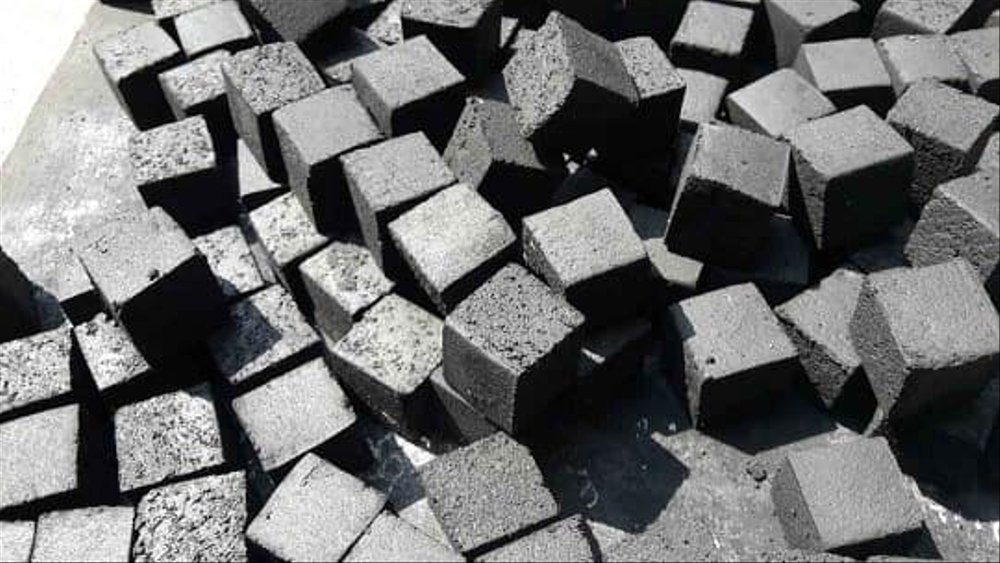Efficient burning charcoal briquettes save fuel and reduce smoke

Low emission charcoal briquettes, efficient burning charcoal briquettes are becoming increasingly popular as eco-friendly alternatives to traditional fuels. Charcoal briquettes are widely used as a reliable fuel source for cooking, heating and various industrial processes around the world.
However inefficient burning of these briquettes can lead to excessive fuel consumption and harmful smoke emissions that negatively impact both health and the environment. When properly manufactured and used they offer a sustainable and cost-effective solution by significantly saving fuel and reducing smoke, thus contributing to environmental protection and economic benefits (https://jacoid.com/low-emission-charcoal-briquettes/).
Inside Efficient Burning Briquettes
Efficient burning charcoal briquettes are specially engineered to burn longer and hotter while producing minimal smoke and harmful gases. They are typically made by compressing charcoal dust combined with natural binders and sometimes additional additives that improve combustion properties.
This careful manufacturing process results in briquettes that ignite quickly, maintain stable and consistent heat output, and drastically reduce incomplete combustion and smoke production.
Key Features of Efficient Briquettes
-
High density: Their compact and uniform structure ensures slow, controlled and even burning throughout the briquette’s life.
-
Low moisture content: This greatly reduces smoke generation and minimizes unburnt residues after use, leading to cleaner combustion.
-
Optimized size and shape: Designed to promote efficient airflow and optimal heat distribution, enhancing overall performance during use.
How Efficient Briquettes Save Fuel
Traditional charcoal often burns quickly and inefficiently, requiring users to frequently add more fuel to maintain the desired cooking or heating temperatures. Efficient burning briquettes maximize thermal output per unit of fuel thanks to their carefully controlled composition and physical structure, making them more economical in the long run.
Benefits in Fuel Efficiency
-
Longer burn time: These briquettes provide a prolonged heat source, meaning fewer briquettes are needed for the same cooking or heating duration.
-
Higher calorific value: Efficient briquettes produce more heat energy per kilogram compared to ordinary charcoal, improving fuel economy.
-
Stable combustion: Consistent and controlled burning reduces fuel wastage caused by fluctuating temperatures or extinguished flames.
Environmental and Health Advantages
Lower particulate emissions This leads to less soot and ash generation, which directly improves both indoor and outdoor air quality.
Reduced carbon monoxide Safer for indoor cooking environments and lowers the risk of respiratory and cardiovascular health issues.
Less odor and visible smoke Enhances the comfort and convenience of users, especially in enclosed or semi-enclosed cooking spaces.
Practical Tips for Using Efficient Charcoal Briquettes
To fully benefit from efficient burning charcoal briquettes, users should adopt best handling and usage practices. Storing and using the briquettes properly enhances their performance and durability.
-
Store briquettes in a dry, ventilated place to prevent moisture absorption that can hinder ignition and increase smoke.
-
Use cooking or heating appliances designed for charcoal briquettes to ensure optimal airflow and combustion conditions.
-
Avoid mixing with wet or low-quality fuels that can reduce overall burning efficiency and increase smoke output.
-
Maintain good ventilation during use to facilitate complete combustion and remove any residual smoke effectively.
Conclusion
Efficient burning charcoal briquettes offer a practical, economical and environmentally friendly alternative to traditional charcoal fuels. By saving fuel through longer burn times and higher heat output, while simultaneously reducing smoke and harmful emissions, they contribute to cleaner air and cost savings. Adopting these briquettes can improve cooking and heating experiences, promote better health outcomes and support sustainable energy use worldwide.
